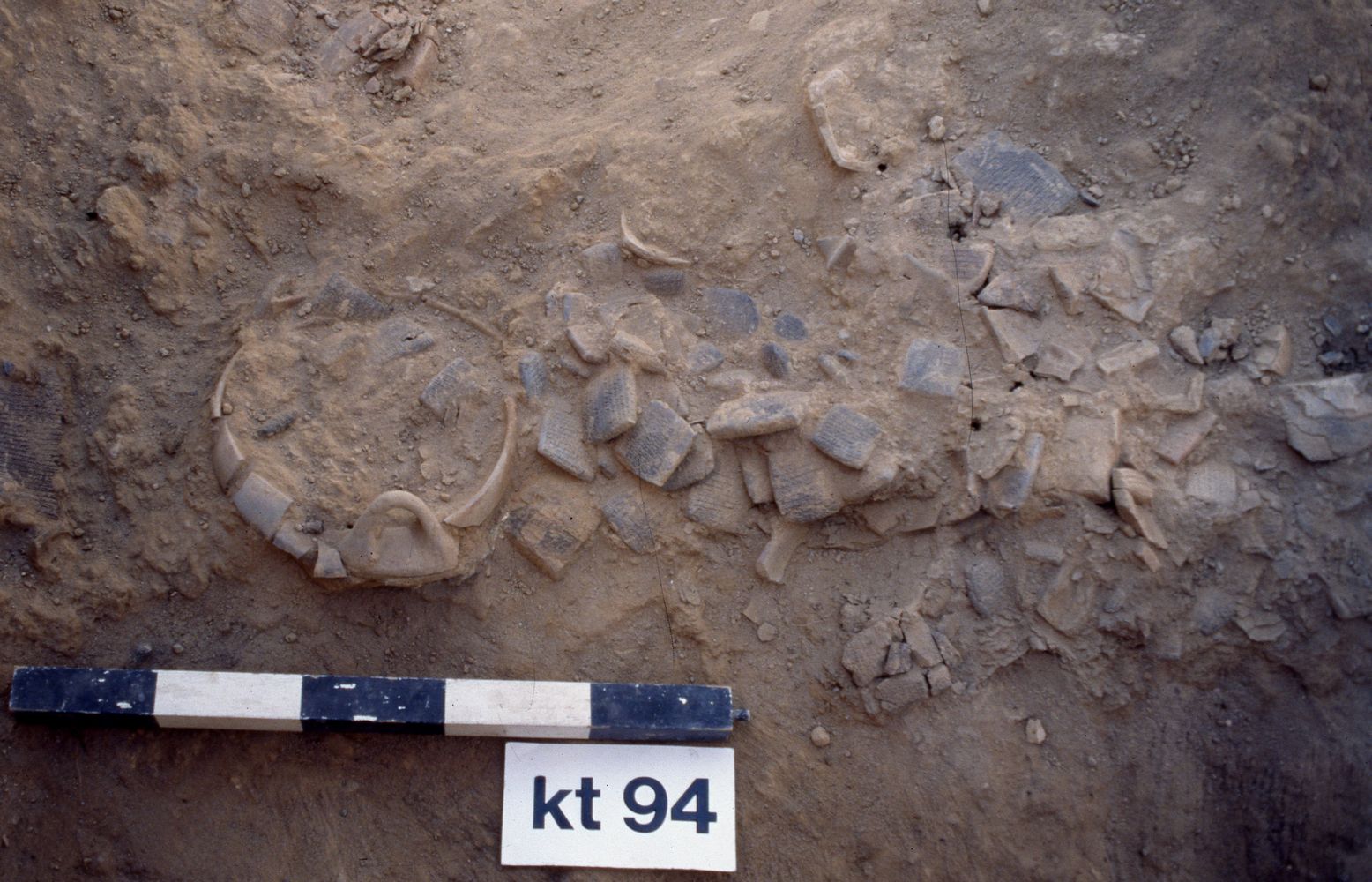Archives and Literacy in Second Millennium Assyrian Manuscript Culture
2019–2022
RFE04

The project studies interactions between private family archives and knowledge transmission. It is based on archives found at Kültepe, Central Anatolia, and dated to the 19th and 18th centuries BCE. Some of these archives are well identified, thanks to archaeological records. Other tablets, formerly belonging to family archives, are scattered in various collections and are deprived of their archaeological context.
On the one hand, we use palaeography as a tool to reconstruct archives, which have been scattered, based on the knowledge of archival practices of the time. The focus is on family archives from different stages of the Old Assyrian period and a few archives belonging to local Anatolians, which allows for detecting potential changes in both archival practices and the writing habits of their owners in relation to the respective milieu and period. On the other hand, through a material study of the clay tablets, the analysis of the texts’ diplomatics and used syllabaries, and through a palaeographical study of the different individual hands of family members within an archive, we highlight family traits in order to understand better the ways in which literacy has been transmitted. Furthermore, the project wants to find explanations for the presence of school texts found in some of these archives; it intends to determine whether these can be linked to a particular hand and can give insight into the phenomenon of the transmission of literacy within a family.
Eventually, the project will be extended to the Middle Assyrian period. 3D scans of the original tablets will help to draw syllabaries specific to the different family archives.
People
Project lead: Cécile Michel
Research Associate: Wiebke Beyer